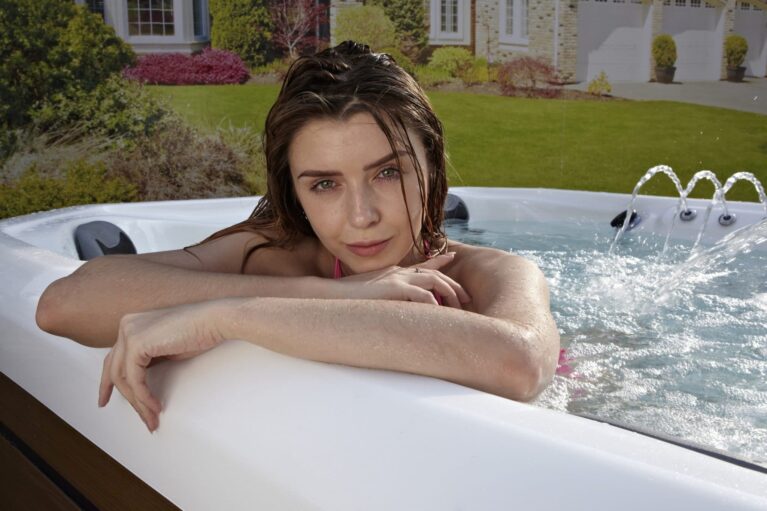Soft Water Issues In Hot Tubs
In a hot tub, some calcium hardness is a necessity.
If the Calcium Hardness levels are too low, the water is under-saturated and will become aggressive as it attempts to obtain the calcium it needs. This “soft-water” will actually corrode surfaces inside the hot tub, everything metal in the hot tub can also gradually corrode from the soft water. This problem can be exacerbated if a hot tub owner allows the pool’s pH level to plummet and stay low for an extended period of time.
So while bathing in soft water may feel great, the soft water can greatly damage the hot tub.
The key is to generally increase the water hardness by adding calcium chloride or calcium chloride dehydrate or ‘Hardness Plus‘.
Basically, all that wonderful soft water is now harder.
